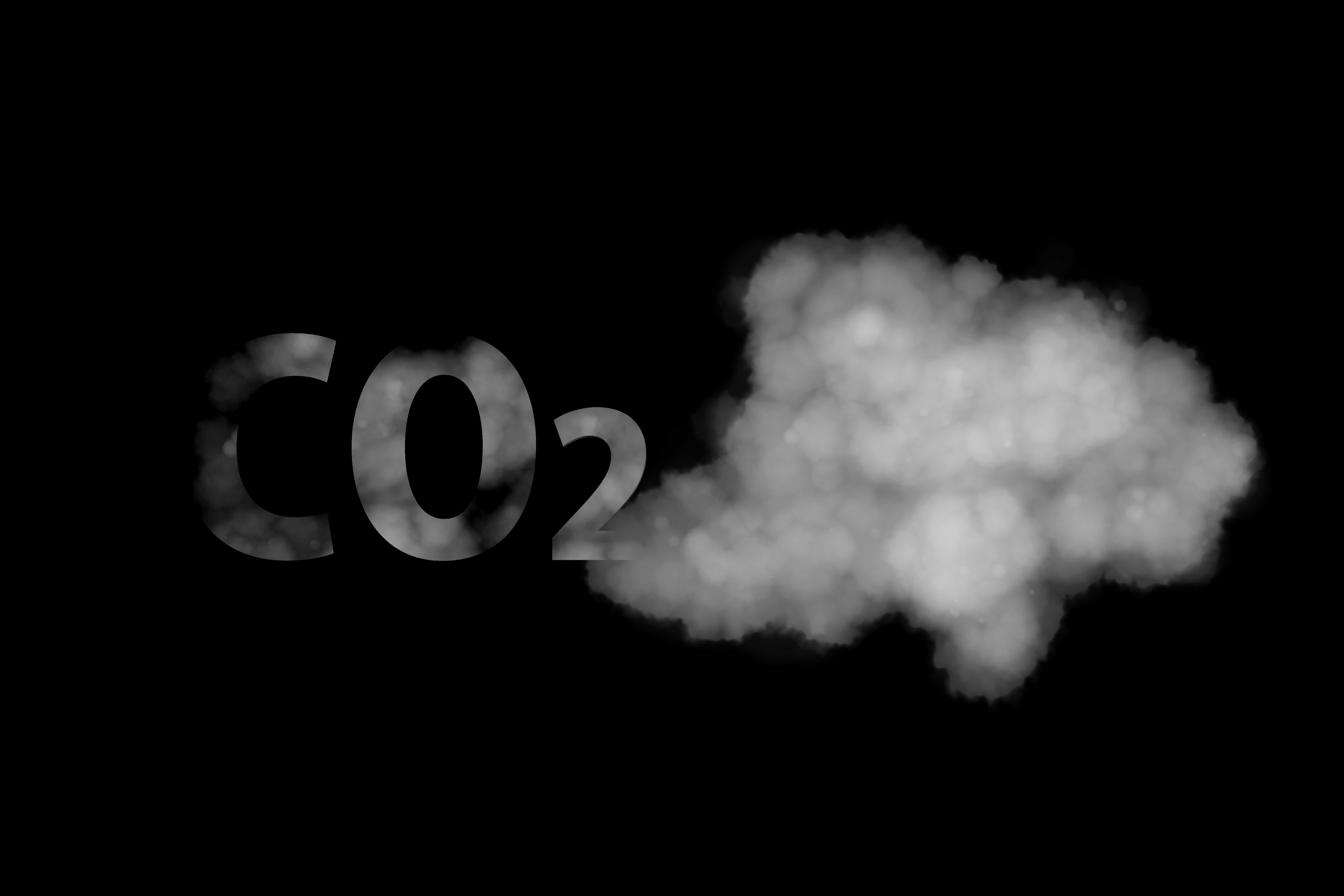
About Arkeon
- Founders: Guenther Bochmann, Simon Rittman and Gregor Tegl
- Founded in: 2021
- Employees: 32
- Money raised: -
- Ultimate goal: Nourish people and regenerate the planet for this generation.
As the world population is growing, resources on earth must be shared with more and more people. A sustainable food system is therefore indispensable. Arkeon is on a mission to create such a sustainable and nutritious food system by turning CO2 into food. They do this by making use of ancient microbes in a bioreactor. In this installment of start-up of the day , co-founder Gregor Tegl explains how that works and talks about how the company is doing.
How exactly do you convert CO2 into food?
“One of our co-founders, Simon Rittmann, discovered a microbe that feeds on carbon dioxide and produces all the different types of amino acids that we need in our food. This is an incredible finding, because normally amino acids are produced only one at a time. We figured out a way to commercialize this, by using a gas fermentation process in a bioreactor. In this way, we don’t need animal tissue and farmland to produce the nutrients that we all need. This is how we contribute to a sustainable food system.”
What microbes are you using?
“We use archaea microbes. These ancient microbes are extremophiles that grow at the bottom of volcanoes, for example. They grow in places where little food is available. Therefore, the microbes have become very efficient at living of all kinds of different nutrients. From an industrial point of view, we can make good use of this. Our microbes for example need CO2 as a main feedstock. This is especially an advantage in our current times where we have too much CO2.”
In which kind of foods are your nutrients being used?
“We can customize our ingredients based on the needs of our customers. For example, they can be used as clean label ingredients for food and beverages, alternative protein products, flavours and aromas, supplements, as well as cell culture media for cultivated meat.”

How is Arkeon doing at the moment?
“We have secured very good financing for our company and are now in the middle of scaling up. Our main task now is to further develop our technology. We have already implemented our process in a bioreactor and are now moving to the next step: An even larger 150-liter reactor.”
What is something you are most proud of?
“I am most proud of my team. There are 32 of us now and every team member is motivated to make the company a success. I think having a good team is the most important thing. You can have a great idea, but if you don’t have the right people behind the mission, you won’t achieve your goals.”
“We are also very excited about our partnerships. Amongst others, ICL is a new partner of ours. This large company, focused on minerals in food, is now our investor and we are very happy with that.”
What challenges are you currently facing?
“There is a big challenge when it comes to delivery. Because of the political situation, we have had huge delays in the delivery of several products that we need. For example, our next bioreactor has been delayed. But even simple chemicals that we need in our process sometimes take weeks to arrive. We are a fast-paced start-up, so problems in the global supply chain can be a little bit frustrating. But we try to deal with them as much as possible so we stay on track.”
Where do you want to be in five years from now?
“By then, we want to be able to produce ingredients on a large scale. And when we operate on a larger scale, our products become cheaper and we will hopefully grow even faster. So in five years, I hope we will already have a great positive impact on the food system by making it more sustainable. And who knows, we are an innovative company. Maybe we will use microbes for other purposes in the future as well.”









